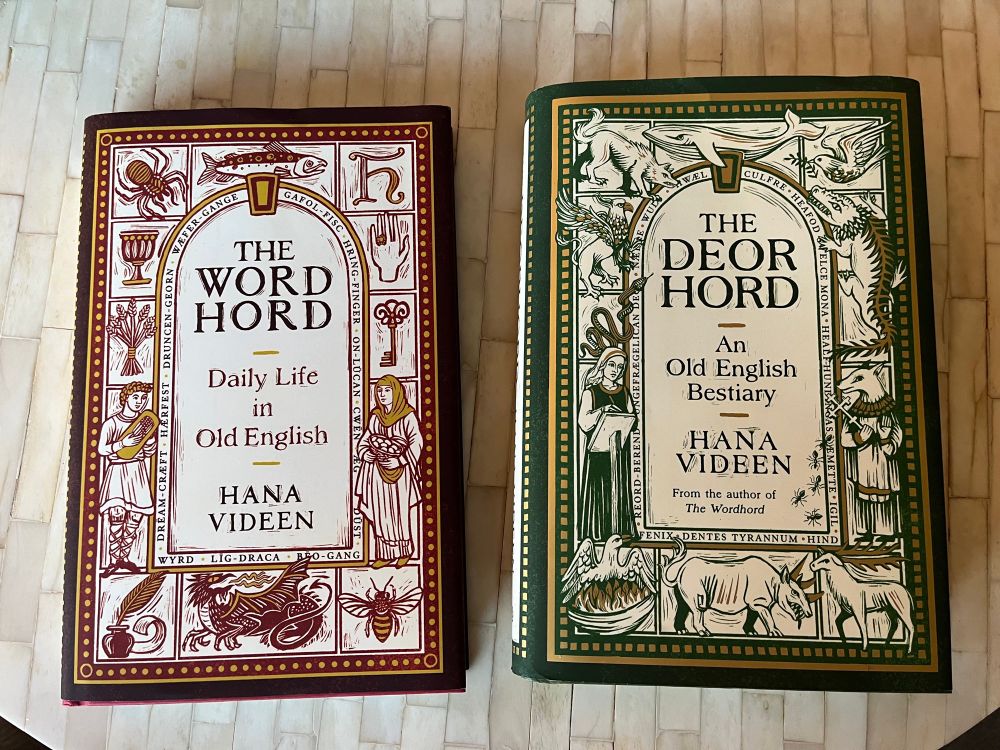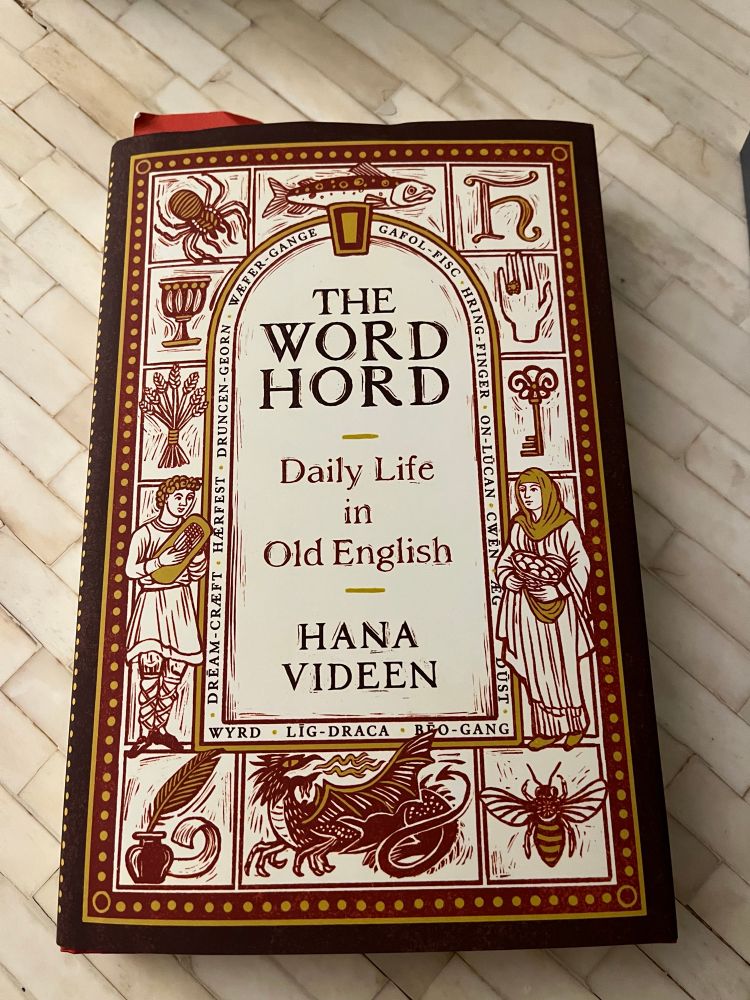Stephen Bryan
@stephenebryan.bsky.social
51 followers
140 following
29 posts
Follower of Jesus. Husband to Ashley. Dad to the world’s 2 cutest kids. Guitar player, language geek, history teacher, and book lover. Mostly here to listen and learn from others.
Posts
Media
Videos
Starter Packs
Stephen Bryan
@stephenebryan.bsky.social
· Aug 12
Stephen Bryan
@stephenebryan.bsky.social
· Aug 12
Stephen Bryan
@stephenebryan.bsky.social
· Aug 12
Stephen Bryan
@stephenebryan.bsky.social
· Jul 13
Stephen Bryan
@stephenebryan.bsky.social
· May 15
Stephen Bryan
@stephenebryan.bsky.social
· May 15
Stephen Bryan
@stephenebryan.bsky.social
· Apr 17
Stephen Bryan
@stephenebryan.bsky.social
· Apr 17
Stephen Bryan
@stephenebryan.bsky.social
· Mar 18
Stephen Bryan
@stephenebryan.bsky.social
· Feb 27
Stephen Bryan
@stephenebryan.bsky.social
· Feb 27
Stephen Bryan
@stephenebryan.bsky.social
· Feb 27
Stephen Bryan
@stephenebryan.bsky.social
· Jan 15
Stephen Bryan
@stephenebryan.bsky.social
· Jan 14
Stephen Bryan
@stephenebryan.bsky.social
· Dec 27
Stephen Bryan
@stephenebryan.bsky.social
· Dec 27


